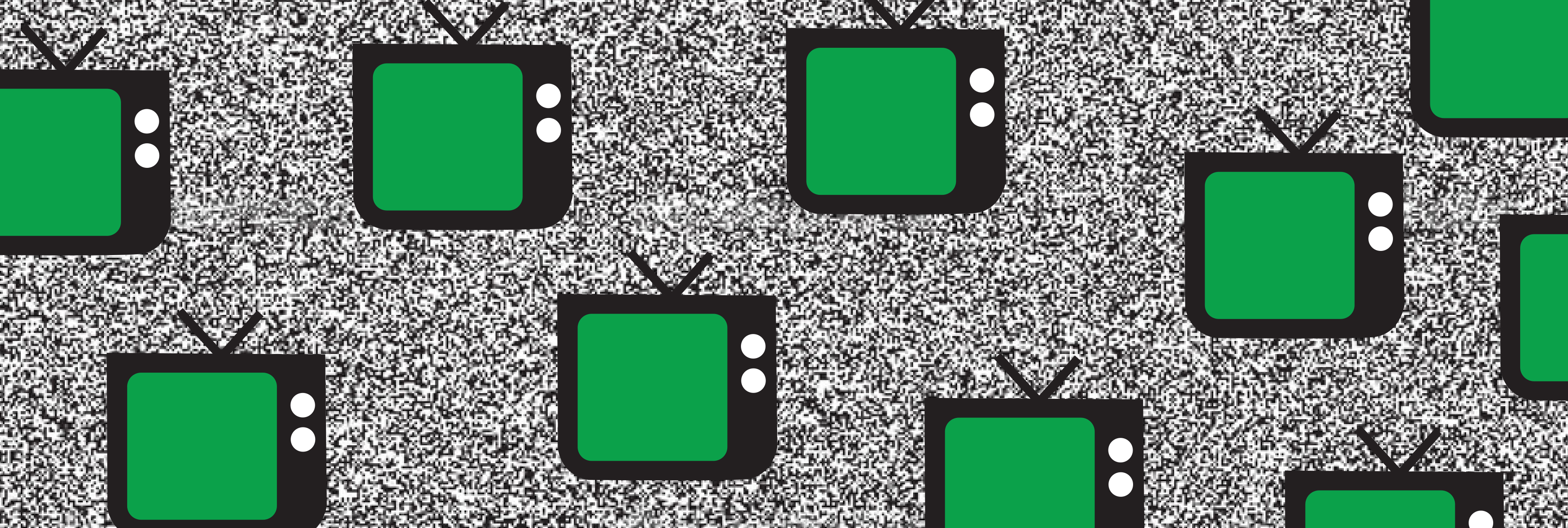The increasing popularity of television is affecting the movie-going experience. The preference for television over film is understandable: Watching TV is easy, fast, and cheap. Online streaming services such as Netflix, Amazon, and Hulu provide instant access to our favorite shows and shows that we’re curious about. You can binge watch a show you like, and there’s no commitment to finish the pilot of a show you’ve decided you don’t like. Even better, you probably paid nothing to half the amount of a movie ticket to watch these shows.
Choosing to go to the movies, on the other hand, can become a whole night’s event. First, you have to pick who will be your movie-watching partner (unless you prefer to go alone, of course). Then, pick your venue, find a reasonable showtime, and hope you will find parking. People are too busy with work and/or school to arrange a trip to the theater. Instead, some wait a few months in the hope that Netflix, Amazon, or Redbox will release the movie. Ultimately, it appears that TV is more efficient for our increasingly busy lives.
However, when people do choose to go to the theater, it seems as though their TV-watching habits are contributing to a behavioral trend in movie theater audiences. Television allows viewers to chat in the privacy of their homes. Commercials provide three minute discussion sessions with friends to digest what just happened on the show. These discussions are transferring into movie theaters. On nearly every occasion that I have gone to a theater, I’ve heard casual chatting behind me. I’ve heard people explaining what just happened scene by scene to their friend. I’ve even had the pleasure of being distracted by a woman in the third row taking flash photos of her baby in its stroller. Really.
People are mistaking the theater for their couch. Enjoying a movie as a community is not a reprehensible idea; however, some people can digest a film better without these distractions. Films can be more fast-paced than television shows because they condense a story into 90 minutes or more, compared to the pace of multiple seasons of a show.
It’s hard to ignore the habit of talking during visual media when it makes the viewing experience so enjoyable. As a result, movie-theater “etiquette” becomes inconsequential, or perhaps even inconvenient for the instant-streaming consumer. That’s not to say television shows are ruining the movie-going experience; rather we should understand that these two platforms need to be treated differently. This is a great era for visual entertainment, but hopefully people can recognize and consider the differences between film and television, and how to be considerate of others’ viewing habits.




Leave a Reply